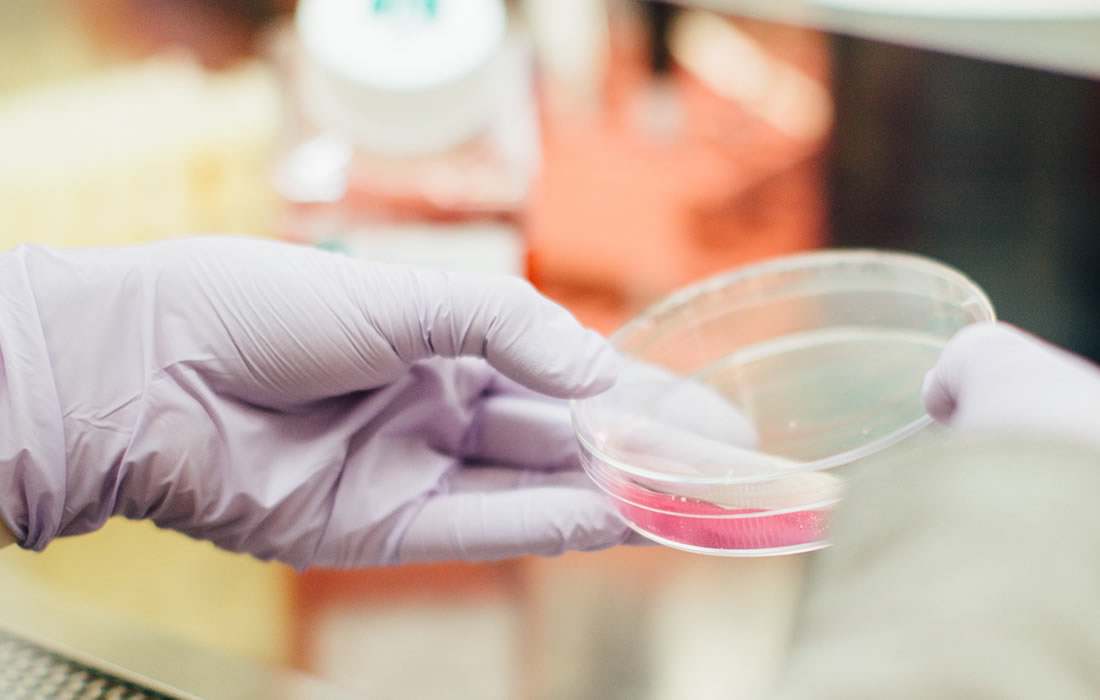Stem Cell Therapy for Specific Conditions
Stem Cell–Derived Cardiomyocytes Exosomes Promote Myocardial Repair
Induced pluripotent stem cells and their differentiated cardiomyocytes (iCMs) have tremendous potential as patient‐specific therapy for ischemic cardiomyopathy following myocardial infarctions by differentiate into contractile cardiomyocytes (iCMs) and transplanted into the myocardium. Despite initial enthusiasm, the lack of sustained cell engraftment has restricted clinical translation.
Exosomes secreted from iCMs (iCM‐Ex) can be robustly collected in vitro and injected in lieu of live iCMs as a cell‐free therapy for myocardial infarction. Exosomes are a subset of extracellular vesicles and carry various bioactive molecules, such as microRNAs (miRNAs) and proteins, that reflect their cell of origin and functionally alter recipient cells.They found abundantly in the secretome of many cell types, including cardiac progenitor cells, embryonic stem cells, and iPSCs.
Autophagy is a metabolic process that involves the cytoplasmic material turning into membrane‐bound vesicles called autophagosomes and the fusion and subsequent degradation of autophagosomes with lysosomes, releasing molecular building blocks and energy, and it is activated during stress and starvation. Regulation of autophagosome turnover, referred to as autophagic flux, is necessary to maintain cellular health. Its impairment has been linked to neurological, renal, inflammatory, and cardiovascular diseases.
Phillip C. Yang, MD of Stanford University School of Medicine, and his team did a study based on animal model (mice) that induce a Myocardial infarction , and a in vitro model , where they delivered the isolated exosomes of iCMs that expressed the canonical exosomal marker CD63 and CD9.
In the in vitro model, they treated hypoxic cells , and found that the mitochondrial membrane potential was reduced in those cells, after the treatment with the exosomes had been restored and the apoptotic process was delayed. These findings suggest that exosomes confer endogenous protection from apoptosis.
In the mice model they treated 2 groups , one with iCMs and other with iCMs-Ex , and they found an improvement of the ejected fraction of the left ventricle, every week for 4 weeks, initial value was on 19% and after of 4 week treatment improved to 45%. There was no significant difference between the two groups.
iCM‐Ex transplantation significantly improves cardiac function and myocyte viability and can substitute for parent cell injections. The beneficial effects of iCM‐Ex may be partly due to enhanced autophagosome production and flux in hypoxia‐ischemia injury.
What do we do at our clinic?
At Zygnagenix we use Mesenchymal stem cells and exosomes as a combined therapy via an intravenous infusion. Those exosomes have a lot of growth factors, anti-inflammatory factors, that can potentially help with many health conditions, including cardiovascular disease.
Source:
Michelle R. Santoso, BS, BA; Gentaro Ikeda, MD, PhD; Yuko Tada, MD, PhD; Ji‐Hye Jung, PhD; Evgeniya Vaskova, PhD; Raymond G. Sierra, PhD; Cornelius Gati, PhD; Andrew B. Goldstone, MD, PhD; Daniel von Bornstaedt, MD; Praveen Shukla, MS, PhD; Joseph C. Wu, MD, PhD; Soichi Wakatsuki, PhD; Y. Joseph Woo, MD; Phillip C. Yang, MD, (February 4, 2020). Exosomes From Induced Pluripotent Stem Cell–Derived Cardiomyocytes Promote Autophagy for Myocardial Repair. American Heart Association. Retrieved from : https://www.ahajournals.org/doi/10.1161/JAHA.119.014345
IMAGE:
Photo by Drew Hays on Unsplash.

